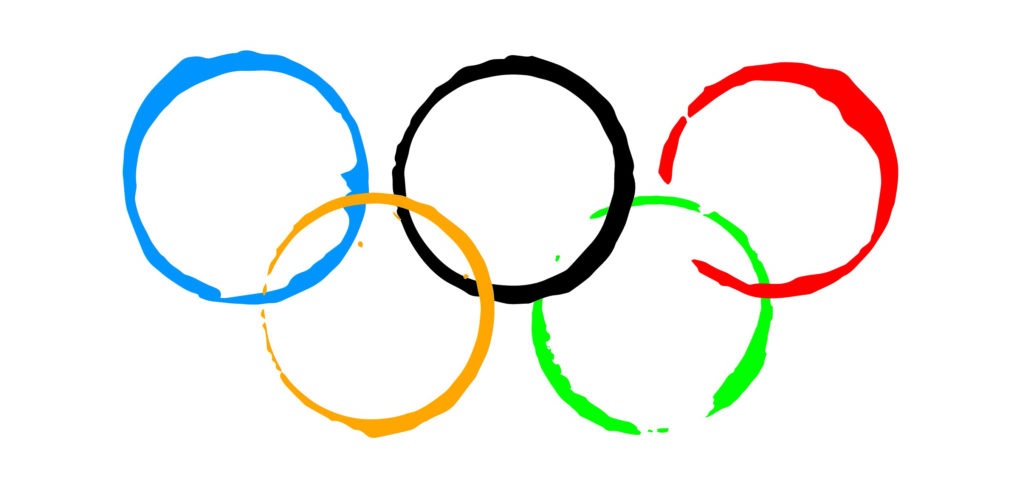
It is an undeniable fact that it has become easier for every one of us to get information in different languages from all over the world, thanks to the widespread use of audio-visual aids. Moreover, we are all aware of the fact that both translation and interpreting processes are included in this kind of information flow. That is to say; every day we are witnessing that the vast amount of communication during meetings of statesmen from different countries, the information transfer about these meetings to the press, information sharing about what is happening across the world, (press) conferences with the participation of different countries etc. are performed via different interpreting modes to facilitate communication in an effective way.
Have you thought about the concept of ‘translation’ emerging in such different areas every day? Refreshing your memory: Have you ever watched or listened to the press conference of your favourite sports team? Let’s expand this context in which translation is generally carried out between two or three language pairs.
Olympics
More than 200 countries participate in the Olympic Games held periodically every four years in the capitals of different countries. Moreover, participants are not limited to Olympic athletes. It should be considered that such an organisation creates flow of people from foreign press and both local and foreign tourists. But how is it possible to sort out the language barrier between all these people from different countries and save them from the chaos of languages?
Professionalism – Volunteering
Of course, the indispensable part of an international organisation of interest to the whole world is the recruitment of people who are in charge of interpreting by eliminating the language barrier and ensuring the continuity of the information flow. In the case of the Olympics, the services provided include professional events such as,
- informing the international press,
- press conferences,
- written and oral announcements,
- interviews,
- medal ceremonies,
- post-ceremonies,
- game days etc.
And the interpreting is, most of the time, carried out as simultaneous or consecutive.
But it would be wrong to mention the professional translators only. At this point, it is necessary to refer to ‘volunteers’. Unlike professional translators, of course, the working provisions and liabilities of voluntary language service providers differ. The assignments of those who voluntarily provide such service can be summarised as assisting the participants all day, in dressing rooms, on training etc. But it is not limited to assisting to Olympic participants. We can include the directing and assisting the international press or foreign tourists in all areas where the organisation takes place. Unlike professional translators, these services are performed as informal liaison or dialogue interpreting. It should be emphasised that taking part in such an organisation is also a great opportunity and experience for all students who are interested in interpreting activity.
Next: Tokyo 2020 Olympics
The next 2020 Olympics will be held in Tokyo, Japan. The city continues to the preparations for the Olympics. Ongoing preparations are not limited to organisation plans and programs for areas where the organisation will take place, or developing the infrastructure that will handle the workload of all participants as well as the foreign and local tourists.
In addition to benefiting from human intelligence and power related to interpreting service, Japan appears to be making an impression on everyone with the technologies on which it has been working. According to the news, different organisations, institutes, technology and software companies are working on automatic and machine interpreting investments in order to facilitate interpreting services for all by uniting their power. However, the grammatical structure of English, which is one of the official languages of Olympics, is quite different than the Japanese’s. While the verb is placed after the subject in English, Japanese places the verb at the end of the sentence as it is in Turkish. During simultaneous or consecutive interpreting, this difference leads to waiting or loss of speed. Apparently; it is not only a grammatical problem that needs to be solved, but also about the duration and speed of interpreting.
We can see from the website that volunteering-based services are not only limited to the areas where games are held in Tokyo, the Olympic Village and the Olympic Games. It is clearly stated that between 8 and 12,000 of the 80,000 volunteers will be assigned to language services. In addition, other metropolitan municipalities, including the Tokyo Metropolitan Administration, will also assign volunteers at airports, main railway stations, and popular tourism locations.
For further information about the organisation, you can visit https://tokyo2020.org/en/

